 Coffee and Sugar
Coffee and Sugar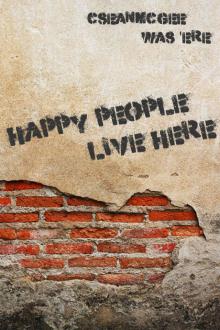 Happy People Live Here
Happy People Live Here_preview.jpg) Alex and The Gruff (A Tale of Horror)
Alex and The Gruff (A Tale of Horror)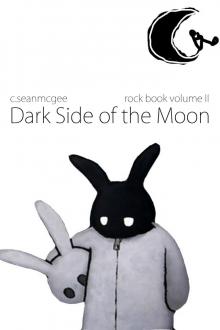 Dark Side of the Moon
Dark Side of the Moon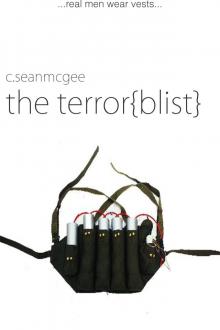 The Terror{blist}
The Terror{blist}_preview.jpg) The Anarchist (...Or About How Everything I Own Is Covered In A Fine Red Dust)
The Anarchist (...Or About How Everything I Own Is Covered In A Fine Red Dust)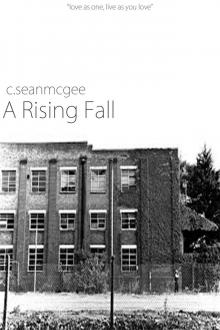 A Rising Fall
A Rising Fall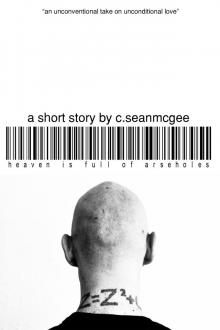 Heaven is Full of Arseholes
Heaven is Full of Arseholes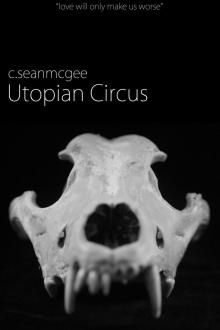 Utopian Circus
Utopian Circus![[2014] The Time Traveler's Wife Read online](http://i1.bookreadfree.com/i/03/24/2014_the_time_travelers_wife_preview.jpg) [2014] The Time Traveler's Wife
[2014] The Time Traveler's Wife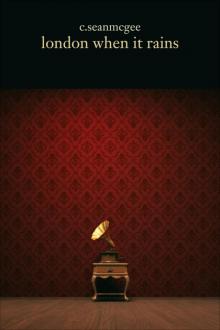 London When it Rains
London When it Rains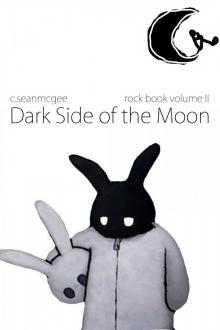 Dark Side of the Moon by C. Sean McGee
Dark Side of the Moon by C. Sean McGee![The Terror[blist] Read online](http://i1.bookreadfree.com/i2/04/06/the_terrorblist_preview.jpg) The Terror[blist]
The Terror[blist]